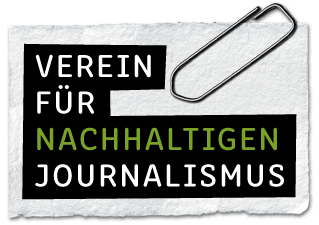No light in the tunnel
Written by Martin ArnoldIt was the great hope of the nuclear industry at the turn of the millennium. The new Olkiluoto nuclear power plant in Finland was meant to liberate the ailing economic thanks to improved safety.
A secretive workplace
Written by Martin ArnoldNuclear power plants are well regarded as an employer, but precise inquiries are unwanted in Switzerland as with elsewhere. We would be happy if employees were allowed to speak freely about their jobs, yet interview requests are answered with polite refusals or outright silence. 'You can't force the employees, it's too complicated, the timing isn't right' and other things are offered up as excuses. In France, the excuse is said succinctly: L’État d’urgence, the state of emergency. But how do you get a job at a nuclear power plant? A lot of people work in areas that do not require any special safety requirements. ENSI, the nuclear authorities, reviews the other requirements, and not only with regard to the professional qualifications. Equally important are the medical and psychological tests. In Switzerland, the psychological tests are conducted at the Institute for Applied Psychology (IAP) at the Zurich University of Applied Sciences, where they also simulate stress situations. With the phase-out discussion, jobs in the nuclear industry are becoming less attractive, especially among young people. But research will continue in the field of nuclear energy, and this will remain the case so long as nuclear power plants are being operated or decommissioned. Scientists will also have to conduct research on matters relevant to disposal. This is the case regardless of your attitude to nuclear energy research. Even the majority of nuclear energy opponents realise that the waste has to be disposed underground.
Anonymous, Worker in Fukushima-Daiichi, Japan: "Working under extreme conditions."







